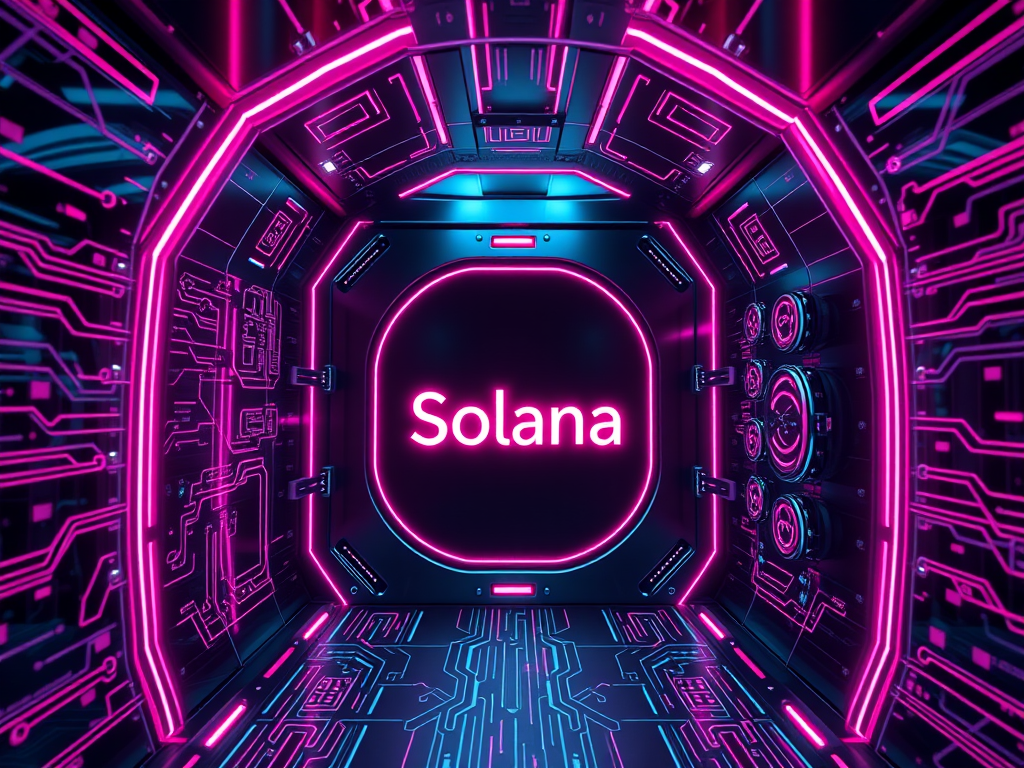Key Points
- Lido DAO has launched its Community Staking Module (CSM) on Ethereum mainnet, dramatically reducing the entry barrier for solo staking from 32 ETH to as low as 1.3 ETH for subsequent validators.
- The initiative represents a significant step toward creating a fully permissionless staking protocol, with over 370 unique node operators already participating in the testnet phase.
Lido Finance, the largest decentralized application by total value locked with over $24 billion in smart contracts, has taken a decisive step toward democratizing Ethereum staking. The launch of their Community Staking Module (CSM) on October 25, 2024, marks a significant shift in making the network more accessible to individual validators.
The traditional requirements for Ethereum staking have been prohibitive for many potential participants, requiring 32 ETH (approximately $81,000) and substantial technical expertise. Under the new CSM system, validators can start with just 2.4 ETH for initial validation and 1.3 ETH for subsequent validators, dramatically lowering the financial barrier to entry.
Governance and Implementation
The implementation of CSM received strong community support through LidoDAO’s governance process. The parameter approval for mainnet release saw 109 DAO members allocating 71 million LDO tokens in favor of the initiative. The protocol is currently in an “Early Adoption” phase, limiting participation to curated community stakers, including Ethereum and Gnosis solo stakers and Obol Techne credential holders.
The testnet phase, launched on Ethereum’s Holesky testnet on July 1, demonstrated significant interest, attracting over 370 unique node operators, including 70 solo stakers, within just ten days.
Addressing Centralization Concerns
The launch comes amid ongoing debates about Ethereum staking’s future and centralization concerns. Ethereum co-creator Vitalik Buterin has been a vocal advocate for solo staking, arguing that individual validators are crucial for maintaining the network’s censorship resistance.
Dmitriy Gusakov, CSM Technical Lead and Lido Protocol Contributor, addressed these concerns, stating, “The Community Staking Module allows more people to contribute to Ethereum’s security and decentralization, creating a healthier, more resilient network. We’re committed to breaking down barriers, so anyone, regardless of financial or technical background, can contribute to Ethereum’s security.”
The development is particularly significant given Lido’s current position in the staking market, where it accounts for less than 30% of the staking market share, according to Dune Analytics. The CSM, built on the Staking Router’s modular architecture, represents a strategic move toward greater decentralization while maintaining the protocol’s leadership in the liquid staking sector.















